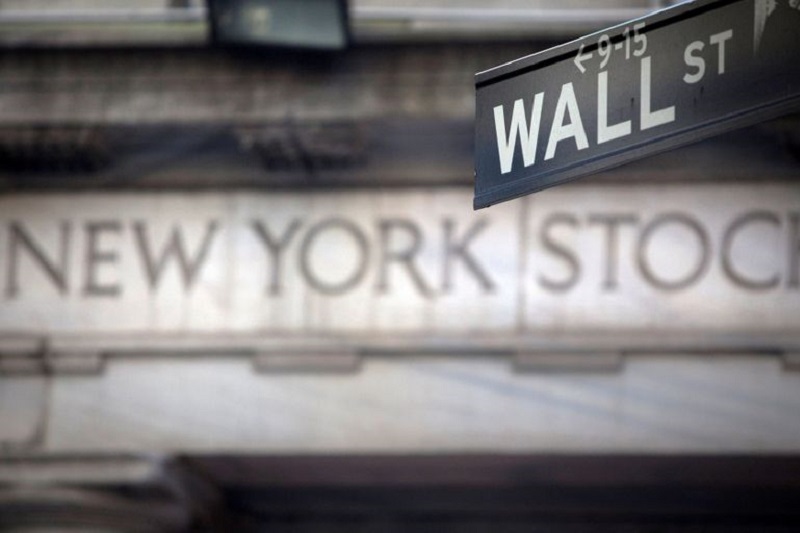Brian Armstrong, chief executive of Nasdaq-listed cryptocurrency exchange Coinbase Global Inc (NASDAQ:COIN), has raised concerns that the US Securities and Exchange Commission (SEC) under Gary Gensler is seeking to ban cryptocurrency staking.
Taking to Twitter, Armstrong said it would be a “terrible path” for the SEC to take, arguing that staking is an essential innovation in the cryptocurrency sector.
He also suggested that “regulation by enforcement” could cause innovators to take their businesses to unregulated offshore jurisdictions, a decision made by the likes of Binance and FTX.
Staking is the process of contributing to the security and operability of a blockchain network by pledging tokens to a ‘validator’ who processes transactions.
Stakers receive yielding rewards on their token in return for helping to secure the network.
Staking is important, since a proof-of-stake (PoS) blockchain network is only as secure as the number of tokens pledged to these validators.
The SEC, for its part, has made no comment on the matter, so the rumours are just that. But given the regulator’s broader stance on cryptocurrencies, banning staking by enforcement would not come as a surprise.
1/ We're hearing rumors that the SEC would like to get rid of crypto staking in the U.S. for retail customers. I hope that's not the case as I believe it would be a terrible path for the U.S. if that was allowed to happen.Any ban on cryptocurrency staking would supposedly be enforced under unregistered securities laws, with the argument being that it passes what is known as the Howey Test, named from the Supreme Court’s seminal 1946 SEC v. W.J. Howey Co ruling.— Brian Armstrong (@brian_armstrong) February 8, 2023
Under the Howey Test, the Supreme Court established four pillars to determine whether an investment contract, and therefore a security, exists. They are:
- An investment of money
- In a common enterprise
- With the expectation of profit and
- To be derived from the efforts of others
Is crypto staking an investment of money? Is Ethereum a common enterprise? Do stakers expect profit? Are these profits derived from the efforts of other?
If yes to al of the above, then crypto staking in the US could be in trouble.
Cardano head Charles Hoskinson weighed in on the debate, and he appeared less gobsmacked by the rumours.
According to Hoskinson, it depends on what is being staked. Ethereum staking, for instance, is “problematic” due to its enforced lock-up periods.
“Temporarily giving up your assets to someone else to have them get a return looks a lot like regulated products,” stated Hoskinson over Twitter.
UK regulators on crypto staking
UK regulators have yet to provide a definitive stance on cryptocurrency staking, but recent comments made by the UK Treasury could set some alarm bells ringing.
In a recently launched consultation into cryptocurrency regulation, the body suggested securities law probably applies to the creation, issuance and distribution of cryptoassets.
Furthermore, “there may be a case” for capturing staking within the regulatory perimeter.
Key takeaways from the UK government’s cryptocurrency regulation proposals
One of the key questions laid out in the government’s consultation asks whether staking should be considered a regulated activity alongside cryptoasset lending.
One major UK company will surely be paying close attention.
Just this week, Britain’s most-valuable fintech start-up Revolut launched a staking service for the Polkadot (DOT), Tezos (XTZ), Cardano (ADA) and Ethereum (ETH) coins.
At the moment, only UK and European customers are privy to the service.
If the SEC rumour mill turns out to be accurate, then there is little chance of Revolut opening the staking door to US customers any time soon.
